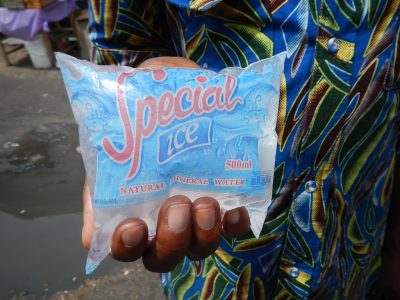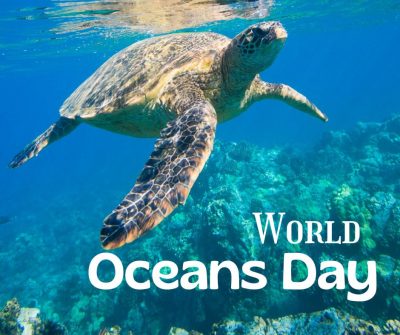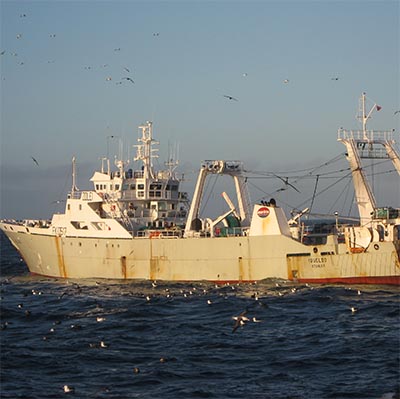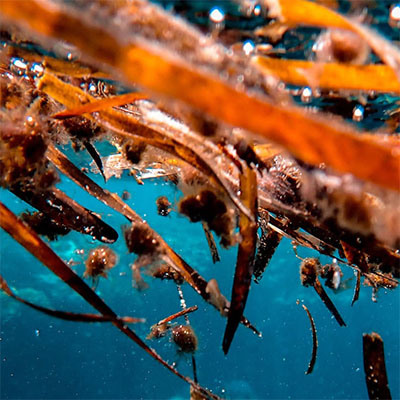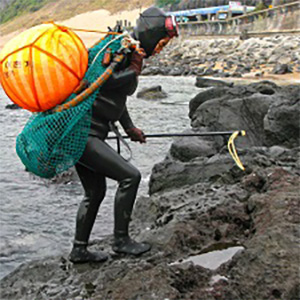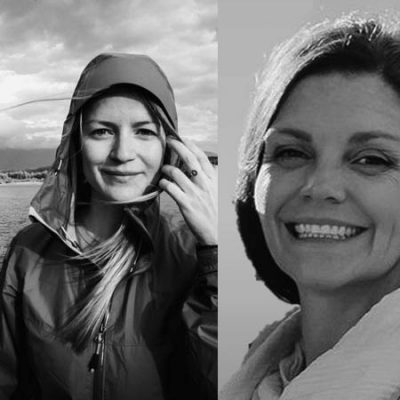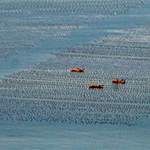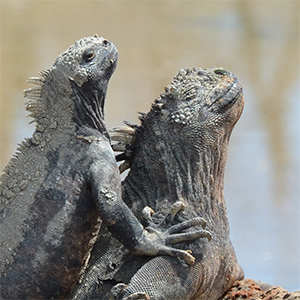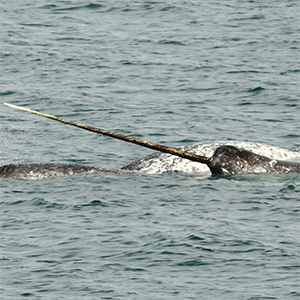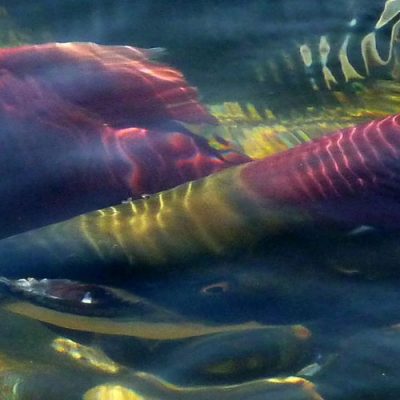From convenience to crisis: The single-use water sachet dilemma in Africa
In some African countries, the rate of single-use plastic waste is increasing. Article from the Solving FCB unit.
World Oceans Day: ‘In one word, what does the ocean mean to you?’
Discover what the ocean means to us here at the Institute for the Oceans and Fisheries!
Developing nations at risk from harmful fisheries subsidies, UBC study states
Harmful fisheries subsidies are leading to more fishing vessels chasing fewer fish, resulting in adverse environmental and societal impacts.
Macroalgae have a complex tale to tell about coral reef health
The amount of macroalgae (the group to which seaweed belongs) covering coral reefs is not always an accurate indicator of human disturbance.
For a prosperous Blue Economy, everyone must be involved
Women make up 85% of ocean sectors, but are invisible in fisheries management positions, with marine policies often undermining their livelihoods and wellbeing. They are often not included in any decision-making processes and their dependency and contributions to the Blue Economy are neglected.
Explorers among us
Assistant professor Dr. Andrea Reid, and postdoctoral fellow, Dr. Harmony Martell, joined the Explorers Club 50, class of 2023.
Nature, society, and culture should be taken into consideration when dealing with climate change
The Nature Futures Framework (NFF) can include Indigenous stakeholders, local expertise, and different knowledge systems in conversation efforts.
As sea ice retreats, narwhals are changing their migration patterns
Climate change and loss of sea ice is creating stressors for these animals, and they are adapting to a new life in the Arctic.
Food quality might be key for juvenile sockeye salmon growth and survival
The quality of food sockeye salmon eat along their migration routes is more important to their growth and condition than quantity, a new study has found, highlighting concerns about the effects of climate change on ocean conditions and salmon.
